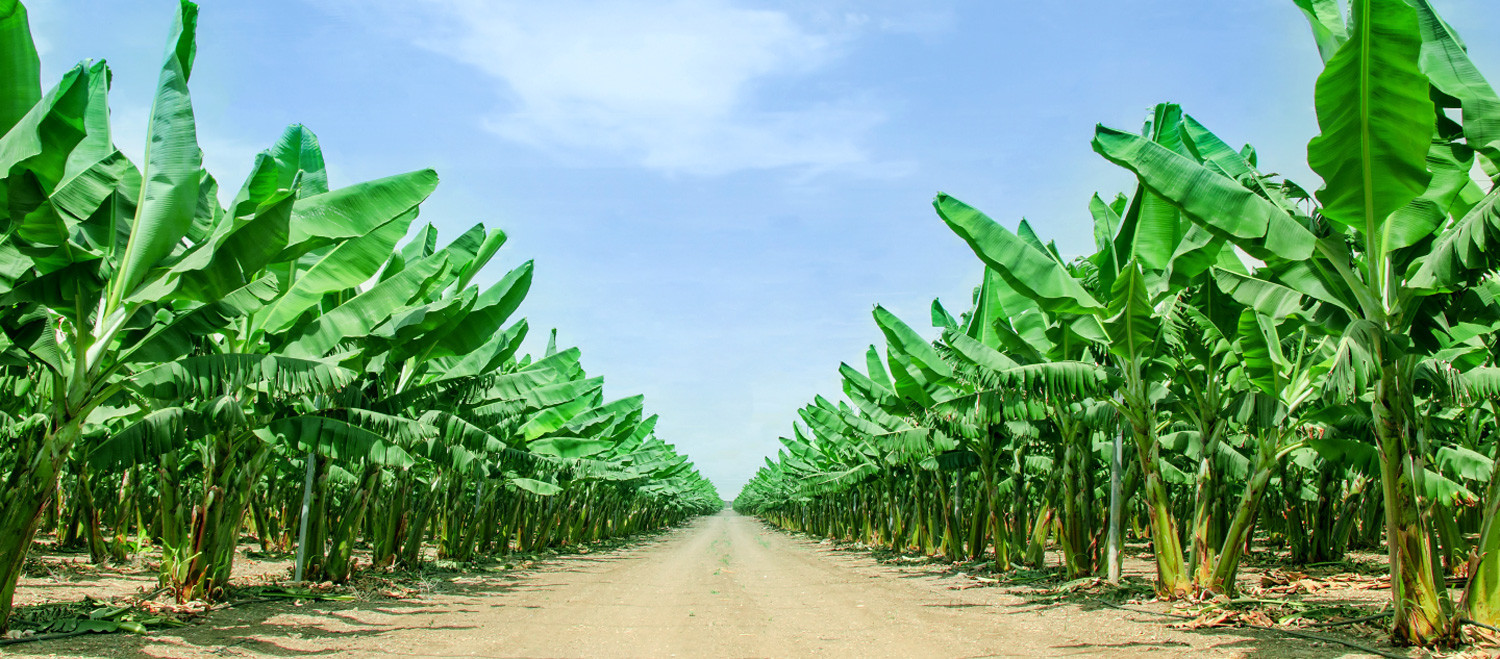
Hung and Thanh Binh Cooperative are well known as pioneers in shifting the agricultural production model from brown to green.
Hung, who spoke with VietNamNet, said they want to label products "green" and generate carbon credits from the cooperative’s 320-hectare field.
Thanh Binh has been pursuing the organic and circular agriculture model for a few years and have gained encouraging achievements. How did farmers cultivate crops before this transition?
I had been growing bananas in Trang Bom in Dong Nai for more than two decades and had experienced many ups and downs. Banana growers’ thinking was very simple. They just followed the crowd. If some farmers used plant protection chemicals and fertilizer, others would do the same thing.
However, the farming caused a lot of consequences. The soil became exhausted which required more fertilizer and led to higher fertilizer residues and pollution. Meanwhile, banana prices were unstable, which affected farmers’ incomes.
In 2017, thousands of tons of bananas in the banana metropolis of Dong Nai went unsold. Farmers then suffered heavily.
Later, I called on farming households to set up a cooperative specializing in making and consuming clean farm produce under the organic and circular agriculture model.
On banana fields, we are strictly observing the principle of not using chemical fertilizers and chemical plant protection substances. Meanwhile, all parts of banana trees can be used for different purposes, and nothing is thrown away.
Banana peels are composted to create fertilizer, banana leaves help ‘enrich’ the soil, banana pulp is used to produce cups and bowls, and areca is used to make fibers.
Why did you decide to shift from brown to green agricultural production?
In many other countries, organizing natural circular agriculture with high technologies has been implemented for a long time. The value cycle not only brings high efficiency to farmers, but also protects the environment and reduces greenhouse gas emissions.
I have been to South Korea to learn about agricultural models, including a ginseng farming model and I realized that South Korea has been following the clean agriculture model for a long time.
I also traveled to the US, Europe and other countries, and what I learned helped me apply green agricultural production to my banana fields.
Many people think that organic agricultural production will be costly. But this is wrong. Organic farming and circular economy will help cut production costs. Healthy soil allows us to use less fertilizers, while safe production allows us to sell products at higher prices.
Low sales occurred often in the past, but now, organic bananas are in high demand and selling well. Our bananas are exported to Europe, Asia and the Middle East. Sometimes we export 200 containers of bananas a month.
Was it difficult for you to persuade farmers to join the organic and circular agricultural production chain?
Yes, it was extremely difficult. I had to show them the effects from my production model. Only when they found the model effective did they follow the same production model.
At first, our cooperative had only several farming households, but there are tens of households now. The growing area has been expanded to 320 hectares. The larger the agricultural production scale is, the more easily products will be sold.
It is estimated that the new production model cuts 30 percent of costs compared with traditional farming. One hectare of bananas can bring profit of VND200 million a year. Farmers can also pocket VND50-70 million more from added value.
In addition, we plan to sell carbon credits from our banana field, and plan to stick a green label on our products.
Why do your bananas sell well?
First of all, our products have high quality. We are confident selling bananas to any market. Our products can be brought to test food hygiene indexes.
Also, sales depend on market demand and supply. We have to learn about other banana suppliers in the world, from their harvest time to characteristics to quality to their targeted markets. Information determines the success of production.
Will you expand production and cooperate with more partners?
Yes, of course. ‘Playing big’ is a principle. Small output doesn’t allow us to take big orders.
Tam An